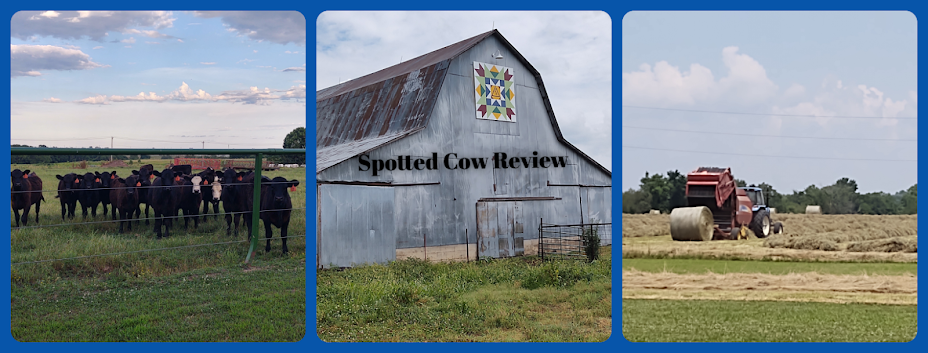During today's monthly meeting with the dairy nutritionist, we were sharing information about the new crop that is being chopped and test results from hay samples that are being included in our cows' daily diet. Our dairy nutritionist could be described as a cow diet designer!
With the help of our dairy nutritionist, we are constantly evaluating every ingredient that is included in their daily total mixed ration to insure that it contains the right proportion of nutrients for good nutrition and good health.
It's obvious when listening to the dairy nutritionist and the dairy farmer talk about the cows, our dairy cows are greatly respected, cared for and loved.
I love watching our cows enjoy their designer diet!
Our dairy cows show their mutual appreciation for receiving a balanced,nutritious diet
by producing high-quality milk!



.jpg)
.jpg)


.jpg)

.jpg)

